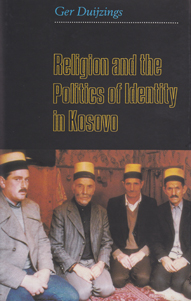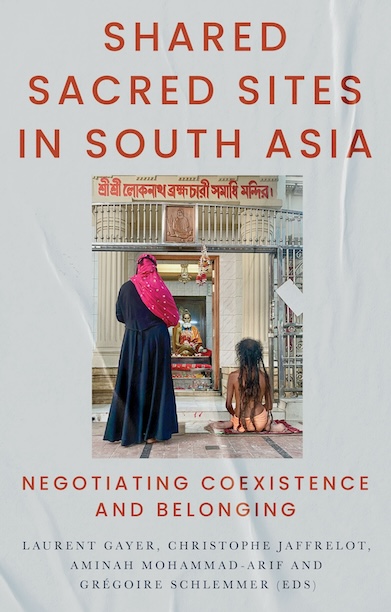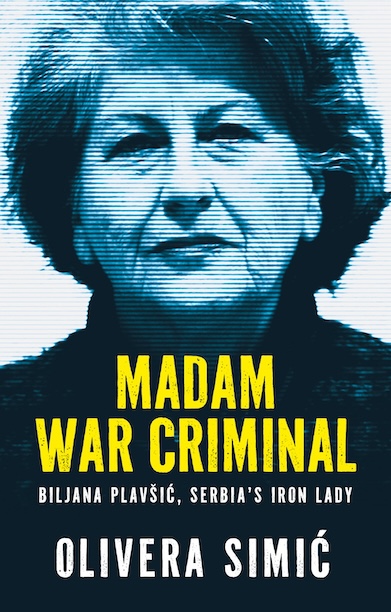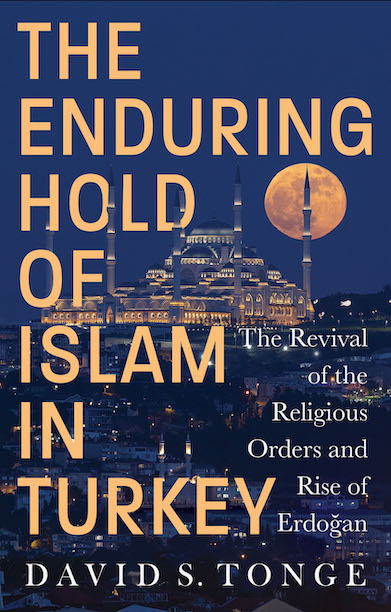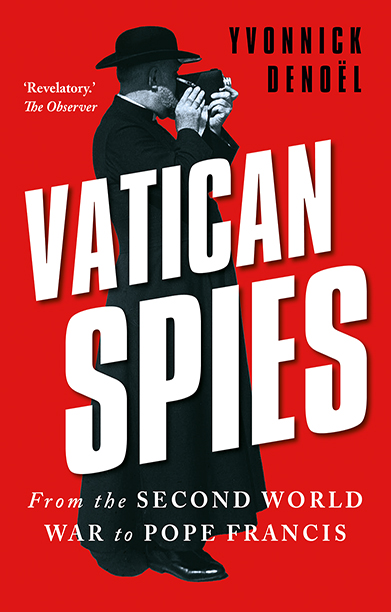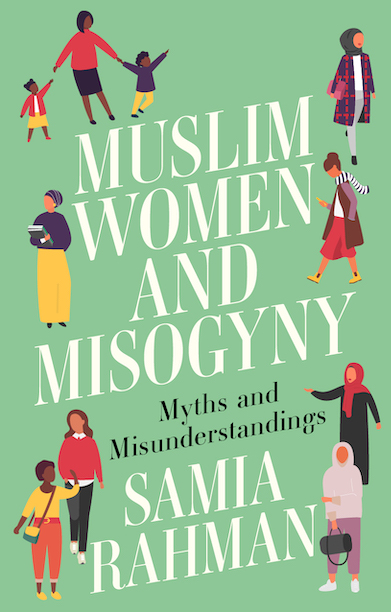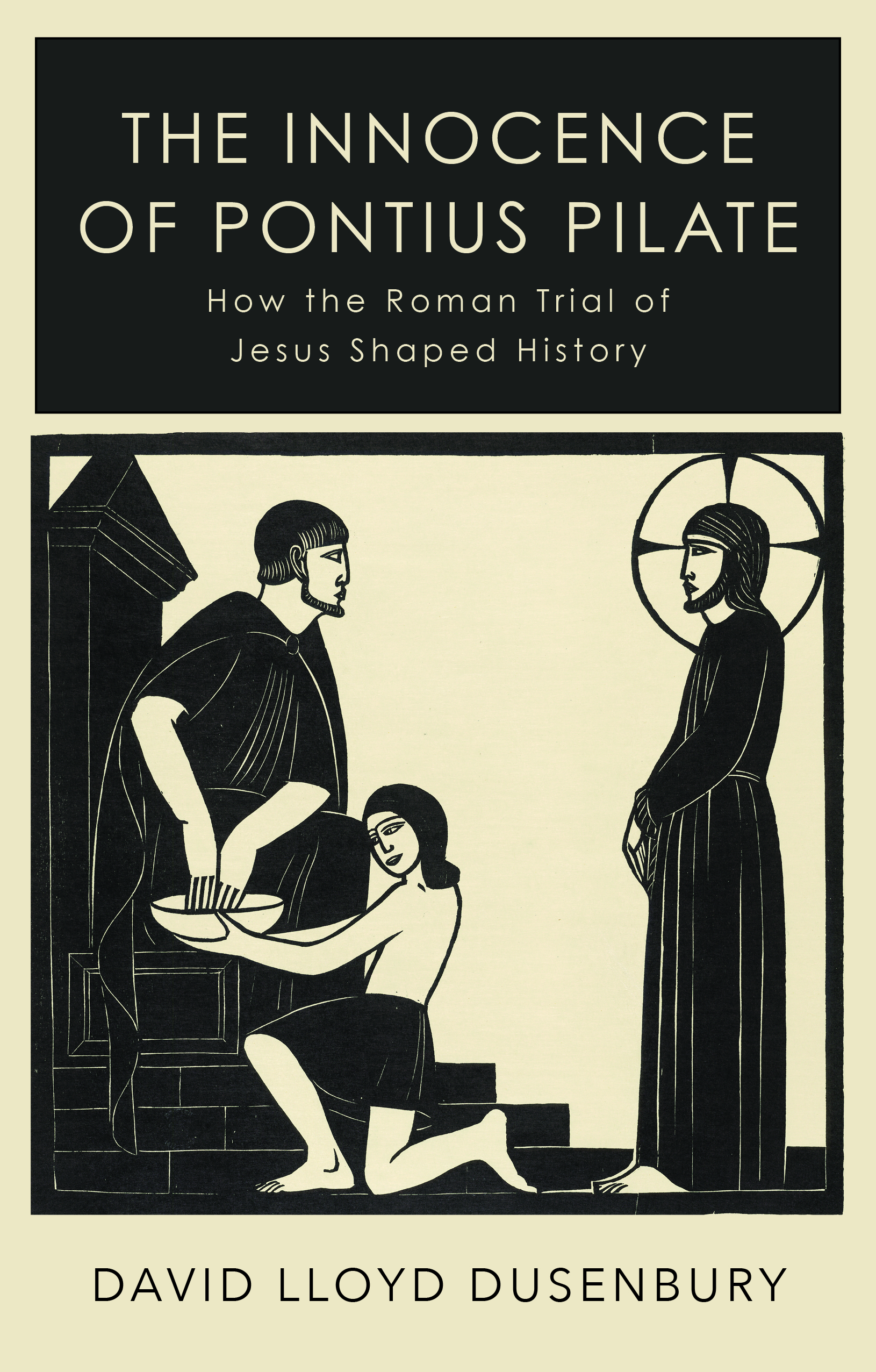Description
Kosovo is a frontier society where two Balkan nations, Albanian and Serb, as well as two religions, Islam and Christianity, clash. This rift has often been perceived as a hard and fast line of division, but the area also has a history of co-existence across these boundaries, through cultural contact, religious exchange and conversion. The tension between conflict and symbiosis lies at the core of this text, which contains seven case studies of various ethnic and religious groups, each of which examines how religion — Islam, Roman Catholicism or Eastern Orthodox — shapes their efforts to construct or reconstruct their identities. Although the focus is on Kosovo, the scope is much wider, covering developments in Croatia, Bosnia, Albania, Macedonia and Serbia as well. The author challenges the idea that Balkan conflicts are evolving around clear-cut and fixed ethno-religious groups. The ethnographic evidence shows that Balkan identities are full of ambiguities, caused by processes of conversion, dissimulation and other forms of manipulation, which are seen as important survival strategies in conditions of endemic violence and insecurity.
Reviews
‘a fascinating and timely study of religious practices and beliefs, and their interaction with the modern politics of nationalism, in Kosovo. […] a valuable contribution to a field in which scholarly interest is rapidly growing, but for which the literature […] has hitherto been, at best, patchy.’ — Noel Malcolm
Author(s)
Ger Duijzings is lecturer in Serbian and Croatian Studies at the School of Slavonic and East European Studies at the University of London.
